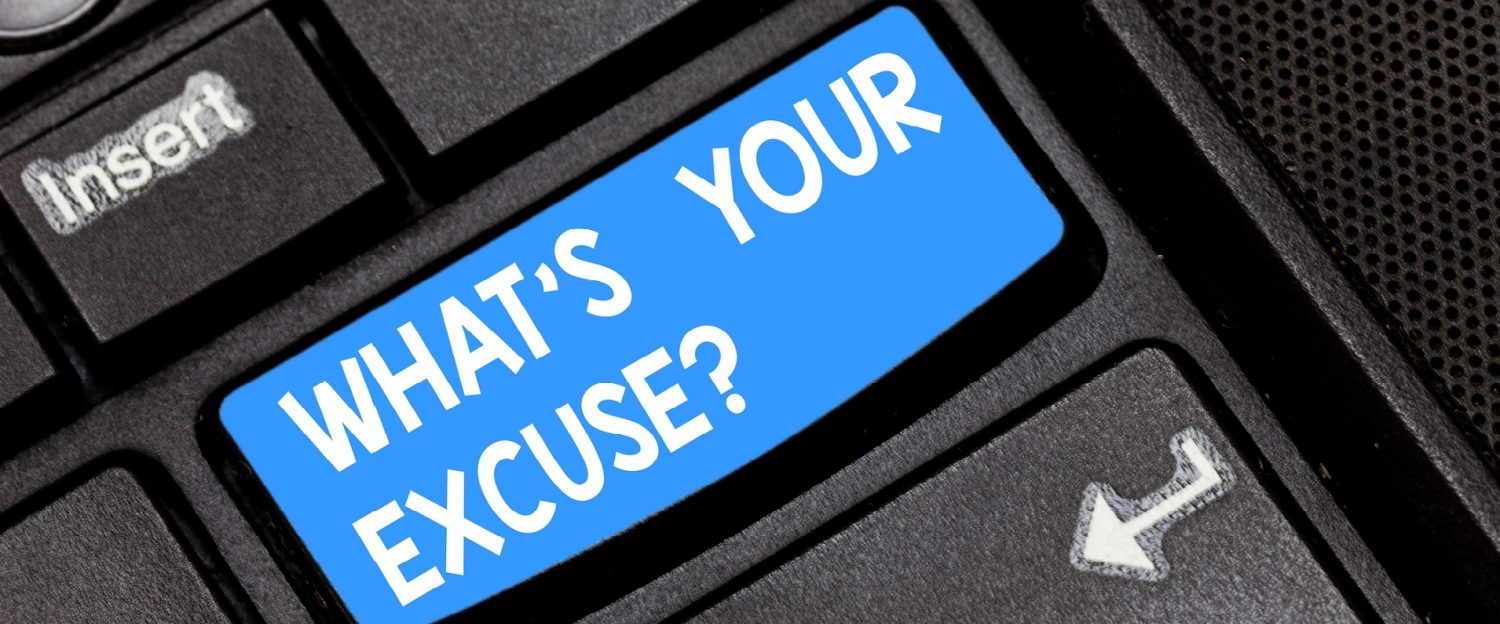Montana-based Bob Ward & Sons report that customers who ordered online between May 31 and August 3 had their names, addresses, and credit card information acquired by unauthorized individuals who used at least some of the data for fraudulent purposes.
In a letter dated October 23 to the New Hampshire Attorney General’s Office, Chad Ward writes that the firm was notified on April 30 by Discover that some customers had experienced fraudulent charges after making purchases on bobwards.com. A subsequent forensic investigation revealed that back on June 6, 2011, the site had been compromised, but it is not clear from their letter whether malware had been inserted by an employee falling for a phishing attempt or whether this was a hack, etc. June 2011 was a month notable for the flood of hacking reports involving members of Anonymous-related individuals and others.
Although the hackers were able to – and reportedly did – access data from June 6, 2011 through August 3, 2012, the credit card information was securely encrypted, it seems, until May 31, 2012. There’s no explanation as to how the credit card data lost their secure encryption on and after May 31.
The firm did not shut down its e-commerce site on April 30, and didn’t shut it down until August 3, when investigators were able to confirm the breach.
The breach affected all credit card transactions during the vulnerable time period, and included card security codes as well as card numbers. Customers were sent notification letters on October 24th. There does not seem to be any notice about the breach on bobwards.com at this time.
Update: I just looked at the timeline again. If the critical period for unencrypted credit card data was May 31, 2012 – August 3, 2012, how is it that Discover notified them on April 30 that there had been fraudulent charges on customers’ cards? Something seems wrong here. But this is also why one year of free credit monitoring is often inadequate. June 2011 – August 2012 is more than one year.
